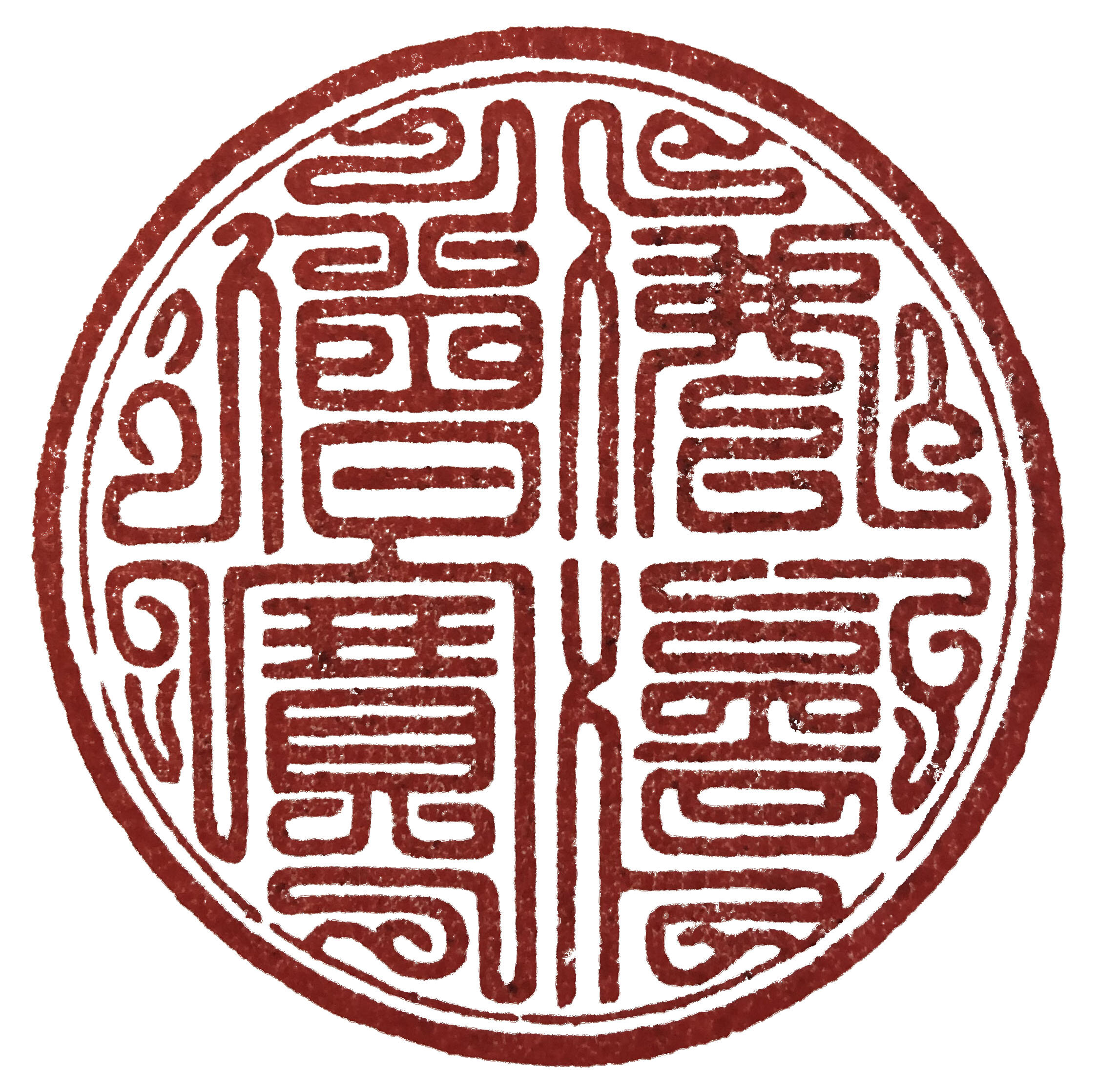16 Bodhisattva Precepts
When living with the precepts it is easy to forget what they are for. It is very easy to use them as a means of judging one’s self and others. People tend to take the dualistic approach. I suppose language could be part of the issue of confusion. Below is the 16 precepts with my little commentary:
Three Refuges
Take refuge in Buddha- the mind/heart of awakening
Take refuge in Dharma- the teachings/reality as it is
Take refuge in Sangha- be a comfort to your dharma family and let them comfort you
Three Pure Precepts
Cease from evil
Cultivate goodness
Do good for others
These three pure precepts can be complicated language. “Cease from evil”. What exactly is “evil”? “Evil” to whom? We tend to think of words like evil in an extreme way. Certainly we could agree that there are differing definitions of the concept of evil, yet what else can we call “evil” to better understand what this precept is asking us to cease? Evil in this sense is the willful action of causing suffering to sentient beings. Another way you can say this is the intention to cause harm, or lack of caring if harm is done. Evil can also mean, Justifying our actions that caused suffering, or downplaying them.
“Goodness” too has differing definitions to people as well. What is “good” to some, may not be “good” to others. “good” in one situation may not be “good” in another. What this precept is pointing to is, Cultivate goodness- to cultivate beneficial actions both in your self and in others, that will promote kindness, tenderness, and peace. You could also say, to willfully turn away from actions that cause suffering, and to turn toward actions that promote wellbeing.
With this understanding of “good” and “evil” we can better understand what it means to do good for others. Not only to stop doing evil and to cultivate good, but to actually actively DO good. Understanding of good and evil is a start, but we must DO good and actively STOP DOING evil. We all have acted from a selfish motivation in the past. To stop acting from a selfish place is to stop doing evil.
In Tenzo Kyokun, Instructions to the Cook, Dogen writes about the Sanshin, or three minds. Daishin- great mind, roshin-grandparental mind, and kishin-joyful mind. For someone who is cultivating the Bodhisattva way of “Doing good for others” this means cultivating roshin- the grandparental mind, the mind that sees oneself and others as not separate, but as waves on the ocean of oneness, rising and falling, being born and dying. Grandparental mind is the ocean recognizing each wave is its own body and not rejecting any wave as outside the ocean.
Ten Grave Precepts
These are the roadmap to follow in order to cease from evil, cultivate goodness, and do good for others.
I vow not to kill- cherish all life as the life of Buddha
I vow not to take what is not given- practice generosity
I vow not to misuse sex- be faithful in your partnerships
I vow not to lie- don’t add to the world of delusion
I vow not to indulge in intoxicants- keep the mind clear and bright
I vow not to gossip about others- focus on your actions, not the actions of others
I vow not to praise myself and devalue others- self and other are not separate
I vow not to be greedy in giving Dharma, or wealth- give freely with no regard to personal gain
I vow not to give in to anger- practice understanding and forgiveness. Vowing to use the emotion of anger to reflect and act without inflicting harm or adding to harm so that the chain reaction of hurt can end.
I vow not to speak ill of the three treasures of Buddha, Dharma, and Sangha.

